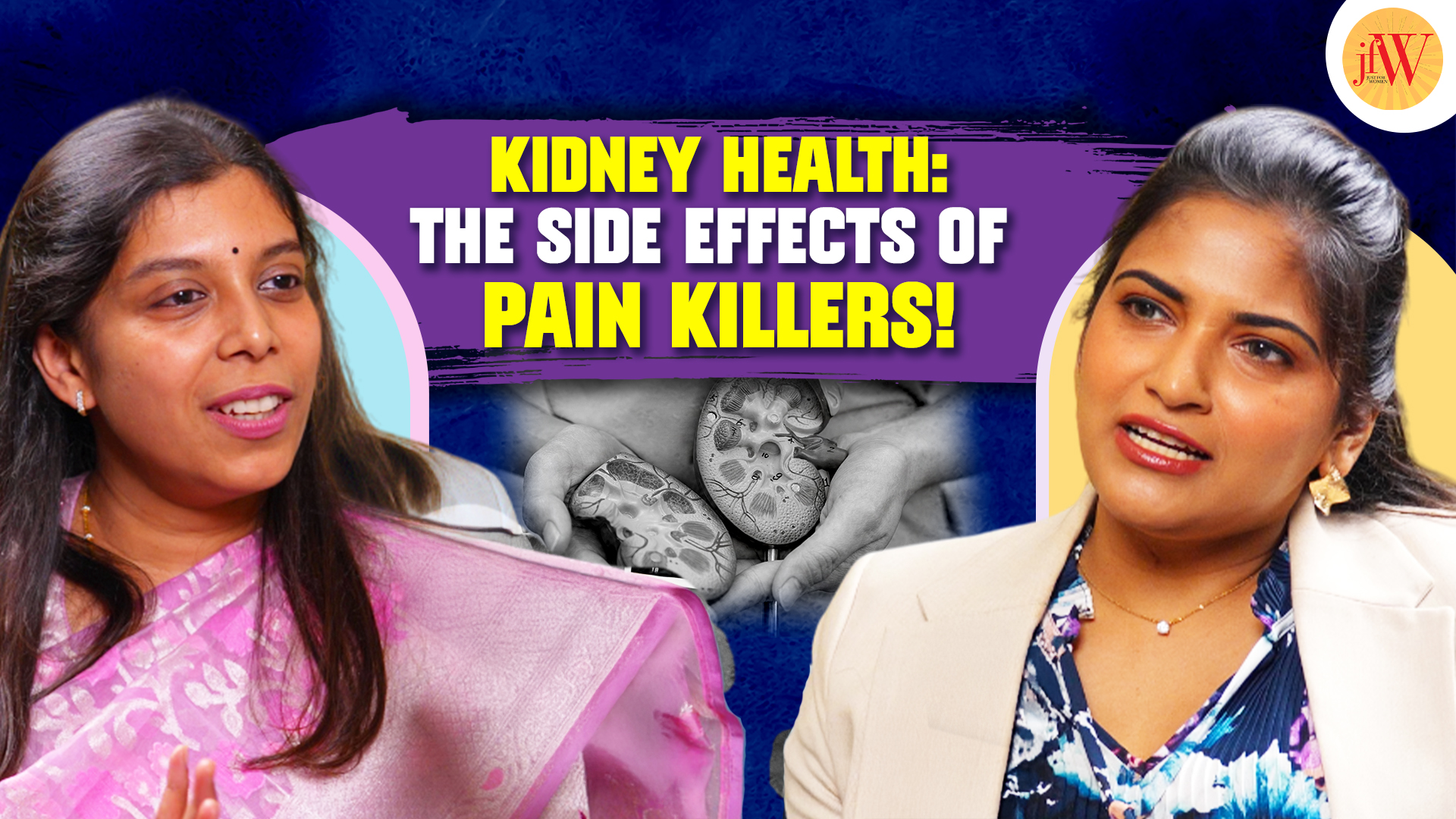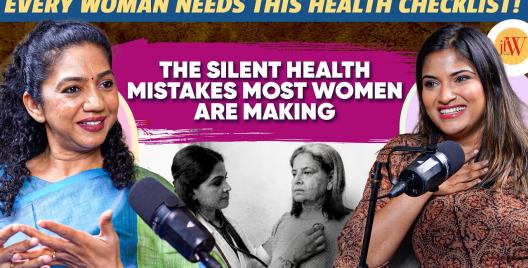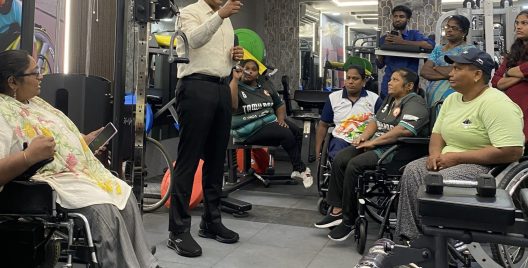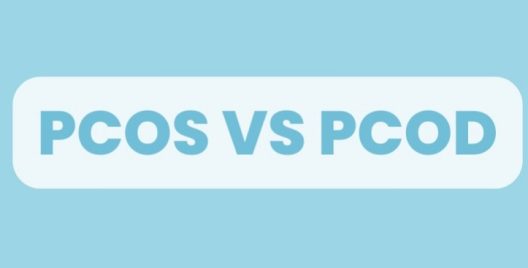An organ that quietly works around the clock, is multi functional and a very rarely discussed one are the kidneys. This bean shaped body organ works 24/7 to filter out the waste from the body and keeps our body functioning at optimum capacity. In the latest episode of this podcast, our host Shilpa Menon discusses the multi faceted kidney and its functions with Dr. Nithyashree, Consultant Nephrologist and Transplant physician, Apollo Hospitals, Greams Lane, Chennai.
To book an appointment with Dr Nithyashree, scan the QR code.

The conversation takes us through the common myths and misconceptions around kidney functions, the effect of pain killers, the importance of a balanced diet and lifestyle with medical insights on the subject.
We all have learned that the kidney is our body’s natural purification system. It acts as a sieve and removes waste from our body. But kidney diseases are termed as ‘silent killers’ as the symptoms might show up late. Especially if you are a patient of diabetes or suffer from hypertension, the chances of the kidney function getting hampered is high.
Most of our lifestyle habits are directly impacting the kidneys, from drinking the right amount of water to eating protein, the kidney is the organ that over works to keep the body healthy. Did you know one of the biggest culprits could be self medication? Over the counter pain killers like ibuprofen and diclofenac are commonly used for headaches or menstrual cramps, but in excess or long term, can hamper the kidney. Dr. Nithyashree also iterates that Paracetamol is a comparatively safer pain killer to have if not overused.
The video also sheds light on High-protein diets and their rising popularity among fitness enthusiasts and the general public. While safe for healthy kidneys, they can accelerate decline in women who already have reduced kidney function.
Hydration is another topic full of misconceptions. What is the right amount of water? Can too much water cause damage? “Yes — even water needs balance,” explains Dr. Nithyashree. Energy drinks, diet sodas, and excess caffeine also raise concern. 3 cups of black coffee are considered a great alternative to regular coffee that’s often laden with sugar.
With wellness trends booming, supplements and protein powders are widely used. According to the doctor, “Many protein powders contain hidden additives that put extra load on the kidneys. They should only be taken with medical or nutritional guidance, especially for people with undiagnosed kidney issues.
And when kidney disease becomes severe? That’s when dialysis or transplantation comes into play. Simple lifestyle changes can greatly reduce the risk of kidney diseases later in life. A balanced diet, regular exercise, avoiding smoking and excess alcohol, and routine checkups all go a long way. Women with diabetes or hypertension should take special care with regular kidney function tests. As Dr. Nithyashree emphasizes, caring for your kidneys isn’t complicated—it’s about consistency. Protect them early, and they will protect your overall health for a lifetime.














